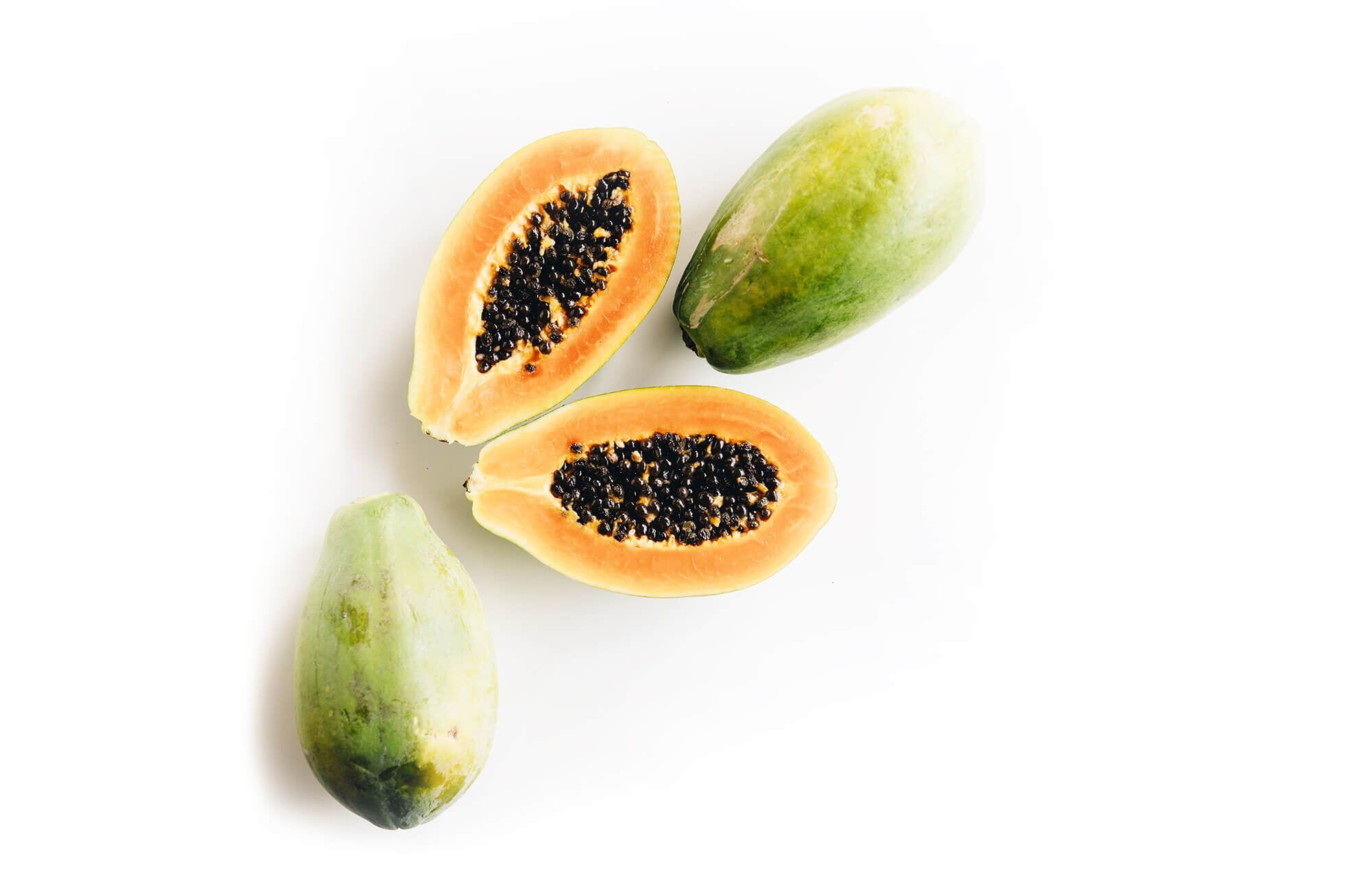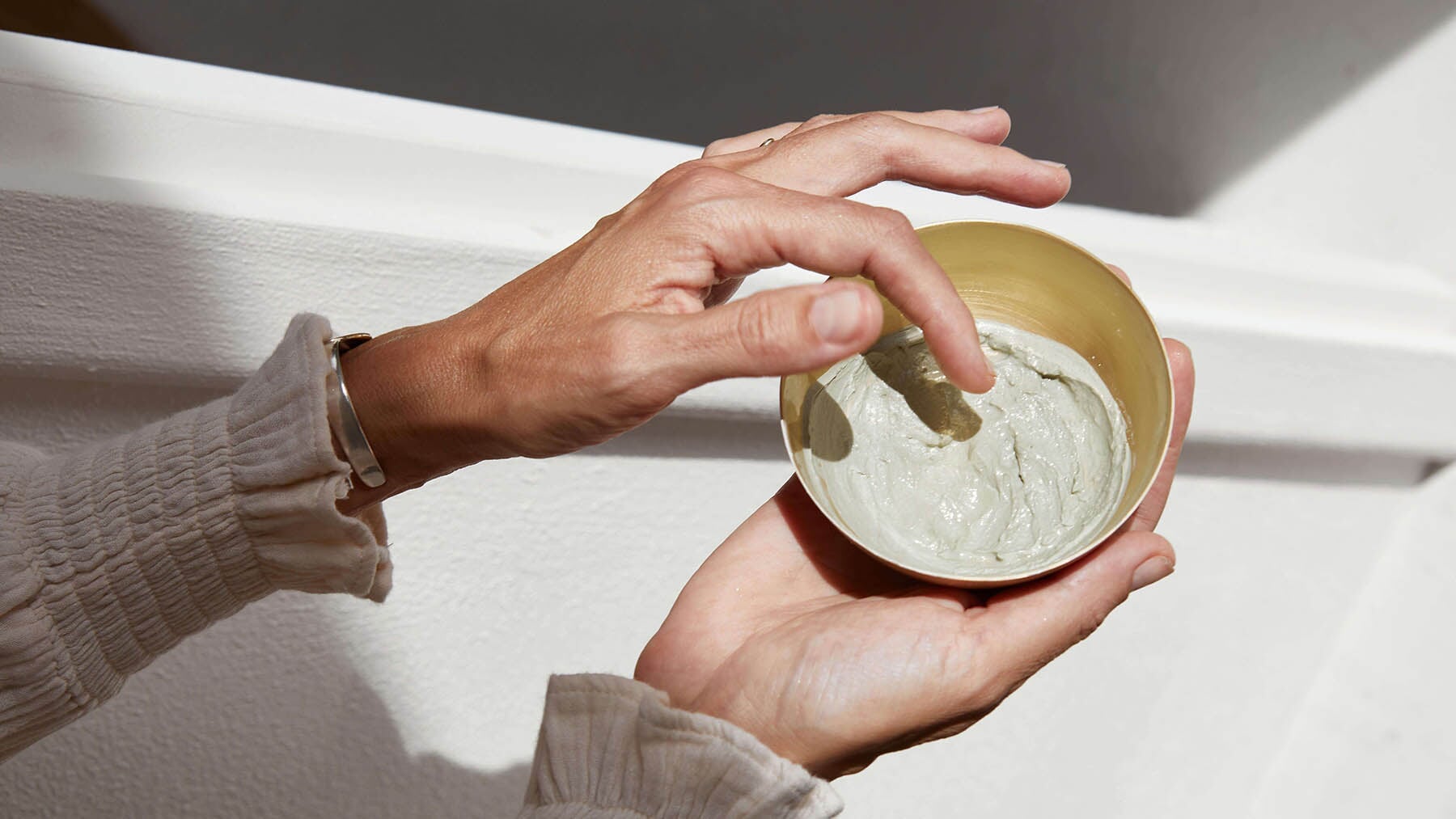
The Skin Cycle: Your Guide to Spring Renewal
Hello Spring! As we welcome the new season synonymous with rebirth and renewal, let’s take a look at the skin cycle and why it matters for healthy, radiant looking skin.
The skin cycle explained
The skin cycle is your skin’s natural rejuvenating process. It continually sheds old, dead cells from the surface to reveal fresh, healthy cells beneath.
The outer layers of your skin are exposed to UV light, pollution, bacteria, and other aggressors that damage the cells. If the skin cycle becomes sluggish (we’ll look at reasons why in a moment) the old cells remain on the surface of the skin.
The result? Congestion, dullness, larger looking pores, rough texture, and fine lines and pigmentation appear more prominent.
Various factors impact the natural turnover rate of our skin's cycle:
Age
Babies' skin is beautifully soft because, at this age, cells are turning over every 2 weeks.
Sadly, this speedy cycle doesn’t last! As we age the process slows down. In our 20's the rate of skin cycle is estimated to be around 2 weeks, stretching to roughly every 28 days in our 30's. From there, cellular turnover increases to 40 - 56 days over the next three decades. In our 60's and beyond, a skin cycle can take as long as 90 days.
It's important to consider your skin cycle when evaluating the results of a new product in your routine; it can take about 1-3 skin cycles to see results. Keep this in mind if you have mature skin with slower cellular turnover. Patience is key!
Seasonal change
In winter, most of us experience drier skin due to the lack of humidity, wind and artificial heating. This can lead to an excess of dull, flaky cells built up on the surface.
Lifestyle
Smoking, excessive sun exposure and dehydration all impact skin behaviour. Nutrition also plays a vital role in cell renewal and a diet lacking in nutrients can disrupt the optimal skin regeneration process.
Spring renewal: Animate winter skin with enzymatic exfoliation
With the chilly months behind us, Spring is the perfect season to renew your complexion. Enzymatic exfoliation (such as papain, papaya, and pineapple enzymes) stimulates the cellular turnover process by polishing away the winter-weary cells clinging to the surface to reveal fresh, bright, rejuvenated skin.
Why is enzymatic exfoliation preferred? Because most mechanical and acid based exfoliators can be too strong for the skin. They remove dead cells but their aggressive action can compromise the skin barrier by damaging the new cells and stripping the surface of much-needed moisture.
How does enzymatic exfoliation work?
Plant enzymes are different from AHAs or BHAs because they dissolve the top layer of dead skin cells. They gently break down the bonds which hold the cells together so they can be removed from the surface. This action works with the skin to encourage cell turnover and promote hydration, rather than overpower the barrier or disrupt the natural skin cycle.

Spring skin renewal with Synthesis Organics
While skin treated with enzymatic exfoliation looks brighter and smoother instantly, complete regeneration and revitalisation are achieved with regular use.
Daily Renewal
Renew Enzyme Cleanser by Synthesis Organics is mild enough for daily use for all skin types and promotes cellular renewal by only removing dead cells without disrupting the skin’s all-important oil / moisture balance.
Rejuvenating Mask Ritual
All 4 One Facial Exfoliant & Mask is a gentle, nurturing exfoliant that doubles as a mask. It is a dry mix which can be hydrated with our Heart Space hydrosol or mixed with Renew Enzyme Cleanser or Renew Exfoliating Toner to rejuvenate all skin types, including sensitive and acne-prone. Use consistently 1-2 times per week after cleansing.
SPRING PROMOTIONAL OFFER
Add both products to cart and use code RENEWAL at checkout to receive 50% Off All 4 One Facial Exfoliant & Mask when you purchase together with Renew Enzyme Cleanser.






Leave a comment
This site is protected by hCaptcha and the hCaptcha Privacy Policy and Terms of Service apply.